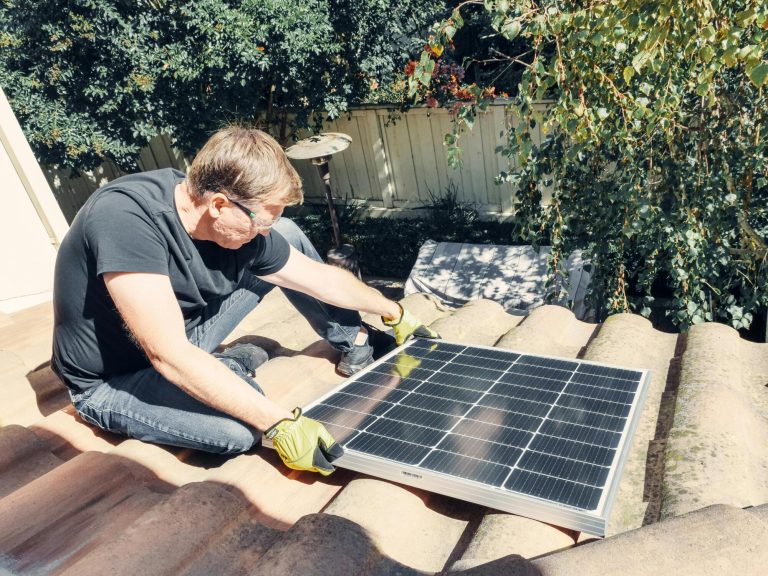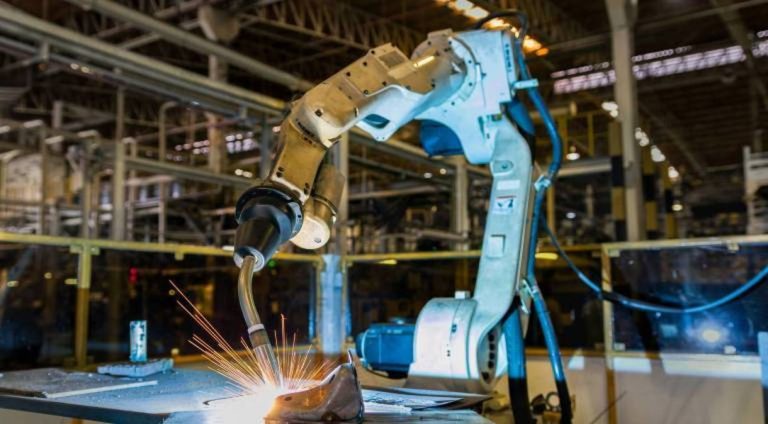The Role of Personal Growth in the Foster Care Journey

What does it take to thrive in the foster care system, not just survive it? Many believe it’s just about rules, schedules, and paperwork.
But deeper than all that is the personal growth that shapes the experience. Foster parents and children alike face challenges that demand emotional strength and self-awareness.
As they grow individually, relationships also grow stronger. Personal development becomes a quiet force behind healing and connection.
By reading this post, discover how personal growth transforms lives throughout the foster care journey. Read on!
Building Emotional Resilience
Foster care can make both kids and adults feel like they’ve lost something, are scared, or don’t know what to do next. Learning how to deal with these strong feelings is part of growing as a person.
Foster parents get more patient and understanding as they grow as people. Kids also learn how to talk about their feelings in a healthy way. In the long run, emotional strength is what makes a home stable.
Developing Stronger Communication
Being able to talk to people in a clear and kind way gets better with practice. Foster parents learn to listen more and react less, which makes kids feel safe.
When kids know they are being heard, they start to trust and open up. There are fewer misunderstandings when people can talk to each other better. This connection makes the whole family feel close and cared for.
Encouraging Confidence and Self-Worth
Kids who are in foster care may have low self-esteem. Foster parents help kids gain confidence in a big way.
Kids learn how valuable they are by celebrating small wins and hard work. It’s also good for caregivers to get training, join support groups, and learn from their own experiences. This growth on both sides makes the relationship stronger and more helpful.
Learning to Let Go of Control
Things don’t always go as planned in foster care. Foster parents can accept things they can’t change when they grow as people.
They learn to focus on love, stability, and trust instead of worrying about every little thing. Kids also benefit when adults who care for them stay calm when things go wrong. Freedom, growth, and peace in the home can come from letting go.
Creating a Healing Environment
Personal growth helps caregivers create a space where healing can happen. Children who have faced trauma need homes filled with understanding and care.
Growth helps parents become more sensitive to emotional needs and past experiences. A healing environment includes kindness, consistency, and calm routines. The journey of growth leads to stronger, more nurturing homes like those supported by https://fosterplus.org/.
Strengthening Lifelong Connections
Even after children leave foster care, personal growth continues to impact their lives. Foster parents who grow through the journey often stay connected with the children they cared for.
Growth allows families to form lasting bonds, even through change. These deep connections can support youth as they enter adulthood. In the end, personal development builds ties that can last a lifetime.
Empowering Family Connections With Foster Care
Making progress in your own life is a big part of being in foster care. Being strong, kind, and hopeful helps both caregivers and kids deal with problems.
The relationships between people get stronger and more meaningful as people grow. Self-growth is the first step toward emotional strength, clear communication, and trust.
Foster care isn’t just a place to stay; it’s a chance to get better and heal with the parents. Home becomes a place of love and support as each person grows.
Did you like this guide? Great! Please browse our website for more!





